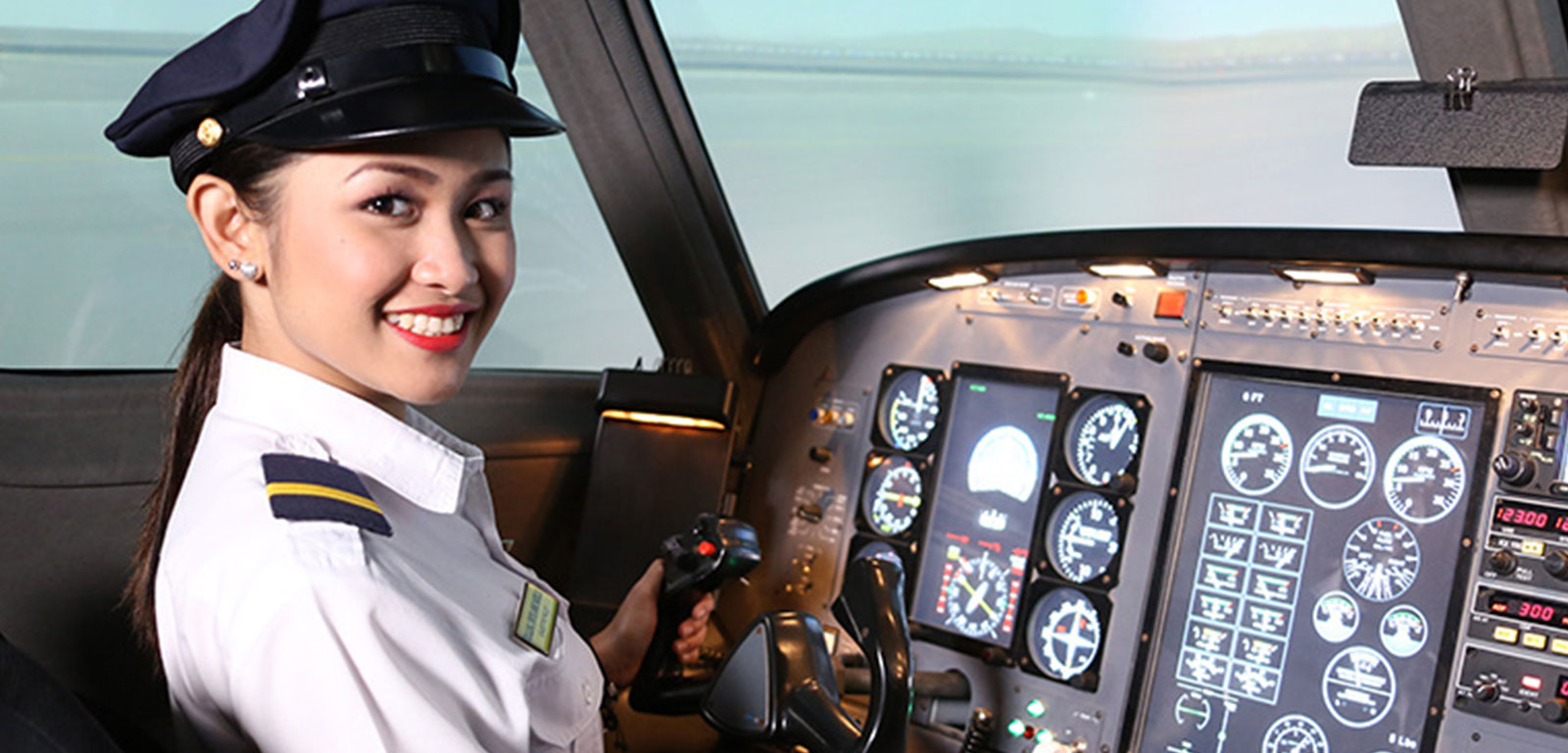

Prerequisites: English, English as an Additional Language, Literature or English & Literature Extension (Units 3&4, C)
English language requirements apply to International applicants and other applicants whose previous study was undertaken in a language other than English. The minimum English language requirements for such applicants for entry to this program are as follows:
A minimum overall band score of 6.5 on IELTS (Academic) with no sub-score of less than 6.0
OR a minimum score of 575 on TOEFL
OR an internet-based (iBT) TOEFL score of 79 (no sub-score less than 19)
OR no score less than 3+ in each skill of the ISLPR (conducted by ISLPR Language Services only)
OR a minimum overall score of 176 (no score less than 169) on C1 Advanced (formerly Cambridge Certificate in Advanced English) or C2 Proficiency (formerly Cambridge Certificate of Proficiency in English)
OR an overall score of 58 in the Pearson Test of English (Academic) with no score less than 50.
English test results must be no more than two years old
This double degree program combines Australia's most highly awarded aviation program with practical skills in information technology to help you influence IT advances required for the continued safety and security of air travel today and tomorrow.
IT skills are crucial in the Aviation industry. This double degree program provides the pathway to a range of careers in aviation outside of flight crew roles.
Core courses introduce you to basic areas such as navigation, human factors, planning, information systems and programming as well as the sciences underpinning the theory and practice of aviation.
You'll also develop skills in collecting, storing and analysing large volumes of data as well as covering computationally intensive simulations of flight data on supercomputers, visual exploration of large data sets and informational retrieval and communication via the internet and data mining.
Our training and learning resources include flight simulators and technology systems based on current industry standards, plus you'll also undertake a practical work placement as part of your degree, so you'll graduate with the skills and practical experience to launch your career.
You also have the option to accelerate your studies by undertaking courses over three trimesters a year if you choose and there are a range of aviation or IT-related clubs you can join while studying to help you connect with other students and create valuable future industry networks.
CRICOS CODE: 0100241
More Info: Click here
Year 1
You must complete the following courses:
Course
Professional Practice in Information Technology - 1004ICT
Web Technologies - 1621ICT
Aviation Science - 1507NSC
Flight Procedures I - 1505NSC
Aviation Biology and Medicine - 1504NSC
Free-choice elective (see Note 1)
Language and Communication for Sciences - 5903LHS
Information Systems Foundations - 1803ICT
Airways Operation and Design - 1508NSC
Foundations of Systems Development - 1802ICT
Computer Systems and Networks - 1007ICT
Note 1: Students who are required to complete 5903LHS must complete this course in place of a free-choice elective. Students who are not required to complete 5903LHS are not allowed to select 5903LHS
Year 2
You must complete the following courses:
Course
Programming Principles - 2807ICT
Data Management - 2814ICT
ICT major course
Atmospheric Science - 1304NSC
ICT major course (see Note 1)
ICT major course (see Note 1)
Software Technologies - 2810ICT
Introduction to Aviation Law - 2539NSC
Flight Procedures II - 2533NSC
Creative Coding - 1701ICT
Note: If undertaking the Software Development major 30 credit points of ICT major must be completed in trimester 2, year 2 and 10 credit points in trimester 1, year 3.
Year 3
You must complete the following courses:
Course
ICT major course
ICT major course
Social and Professional Issues - 3410ICT (capstone preparation course)
Aircraft Operations, Performance and Planning Part I - 2520NSC
Aviation Meteorology - 2517NSC
Flight Procedures III - 3540NSC
ICT major course
Navigation - 2519NSC
Human Computer Interaction - 1805ICT
Aircraft Operations, Performance and Planning Part II - 3533NSC
Year 4
You must complete the following courses:
Course
Free-choice elective
Light Aircraft Systems - 2523NSC
Aerodynamics Part I - 2521NSC
Human Factors for Pilots I - 2515NSC
Work Integrated Learning Part 1 - 3820ICT_P1
Work Integrated Learning Part 2 - 3820ICT_P2
Work Integrated Learning - Single Project - 3821ICT
Work Integrated Learning - Placement - 3822ICT
Aerodynamics Part II - 3520NSC
Human Factors for Pilots II - 3524NSC
Navigational Systems - 3528NSC
Safety Management - 3515NSC (Capstone)

Bachelor of Aviation
Graduates will be ready to work in the field of general aviation. Depending on the Bachelor of Aviation pathway completed, employment opportunities include charter work, flight instruction (theory and practical), aerial services such as agricultural spraying, aerial surveying and photography, first officer positions with regional airlines and in the Australian Defence Force, management, research and human resource management, and in government organisations such as the Civil Aviation Safety Authority (CASA).
Bachelor of Information Technology
Depending on your IT area of specialisation, you will be prepared for a career in commerce, industry, corporate IT, government or private consulting. You may find a job as a systems analyst, software developer, IT support and client services officer, database and systems administrator, technical writer, web developer, sales representative for IT vendors, educator or researcher.

OSHC: 609 ($) AUD per year